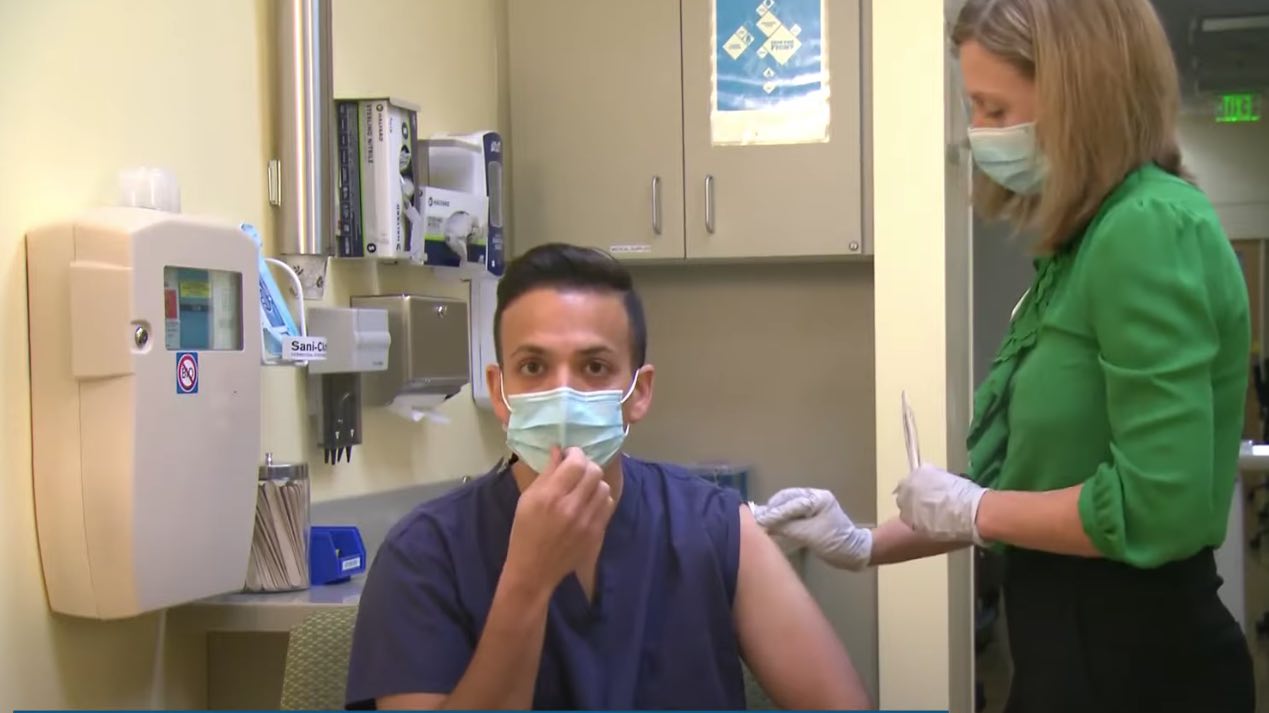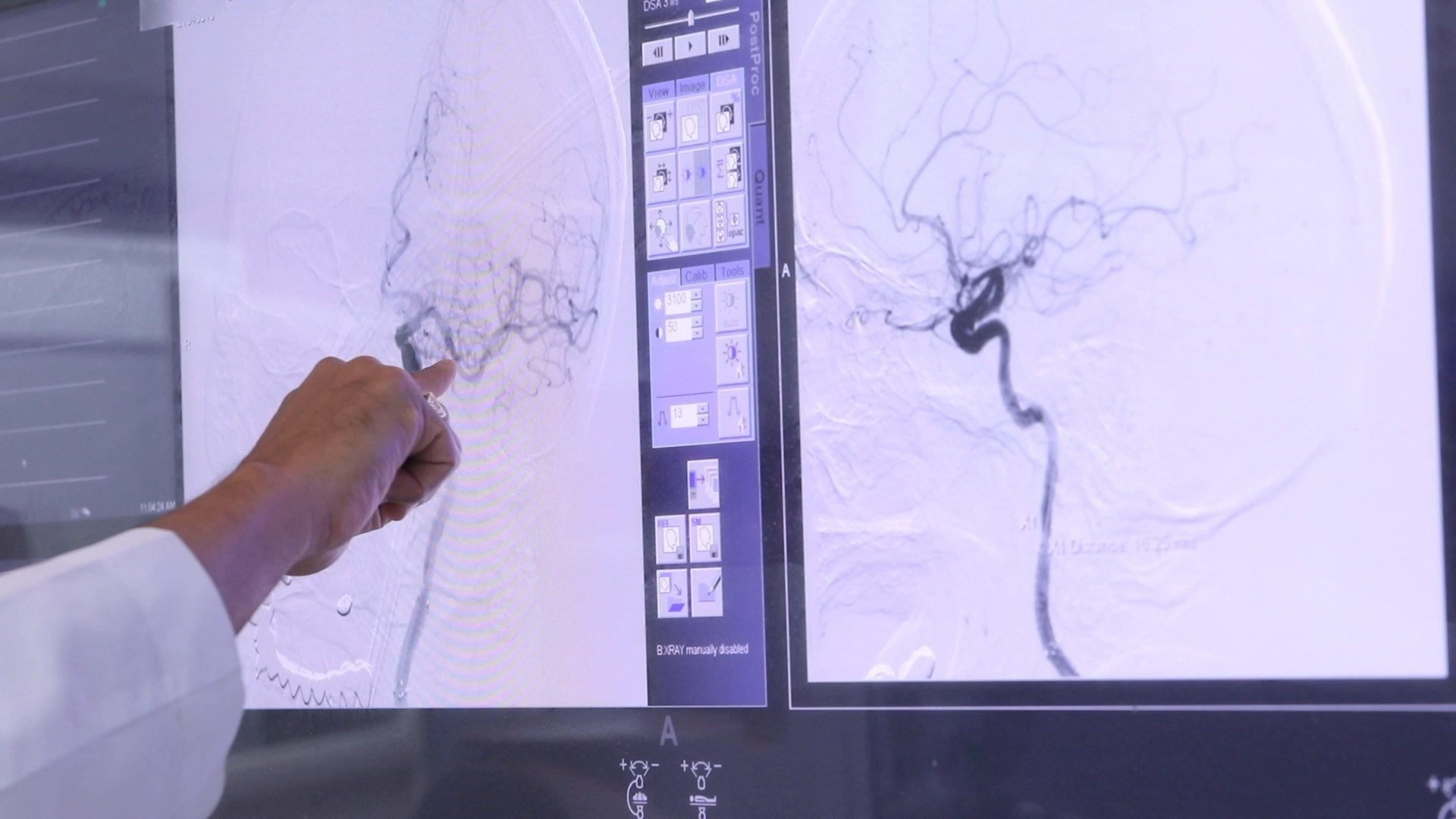Withdrawal syndrome possible with dopamine agonists
Reuters Health • The Doctor's Channel Daily Newscast
Symptoms of dopamine agonist withdrawal syndrome (DAWS) are similar to those of other withdrawal syndromes and include anxiety, panic attacks, depression, agoraphobia, dysphoria, diaphoresis, fatigue, pain, orthostatic hypotension, and drug cravings. DAWS seems to occur predominantly in patients with a dopamine agonist-related impulse control disorder, the report indicates.
“Our findings show that dopamine agonists have a stereotyped, substance-specific withdrawal syndrome that can cause severe, long-term psychosocial consequences,” Dr. Melissa J. Nirenberg and her associate Christina A. Rabinak, both from Weill Cornell Medical College, New York, state. “Based on these findings, we recommend close monitoring of patients—particularly those with impulse control disorders—whenever dopamine agonists are withdrawn.”
The results stem from an analysis of 93 nondemented patients with Parkinson disease who participated in a prospective study of motor and non-motor disease manifestations.
Forty patients were treated with a dopamine agonist, which was eventually tapered in 26. Five of the 26 patients (19%) developed DAWS.
The most common reason for drug taper was the presence of an impulse control disorder, the report indicates. Moreover, everyone who developed DAWS had a dopamine agonist-related impulse control disorder at baseline.
Relative to patients without DAWS, those with DAWS had higher baseline dopamine agonist use (p = 0.04) and higher cumulative dopamine agonist exposure (p = 0.03).
Although both groups had similar disease duration and total dopaminergic medication use, subjects with DAWS had significantly lower Unified Parkinson’s Disease Rating Scale motor scores compared to patients without DAWS (p = 0.007).
Symptoms of DAWS responded only to dopamine agonists, and not to treatment with antidepressants, benzodiazepines, or cognitive therapy when these treatments were given.
The severity of the syndrome seems to correlate with dopamine agonist exposure, the authors add. Two of their patients eventually recovered, but the other three, who had the greatest cumulative exposure, “have been unable to discontinue dopamine agonists and therefore experience chronic impulse control disorders,” according to the article.
“Additional study is needed to identify other risk factors and potential treatments for DAWS and to determine whether DAWS can be provoked by switching between comparable doses of different dopamine agonists,” the authors conclude.
Reference:
Arch Neurol 2010;67:58-63.






